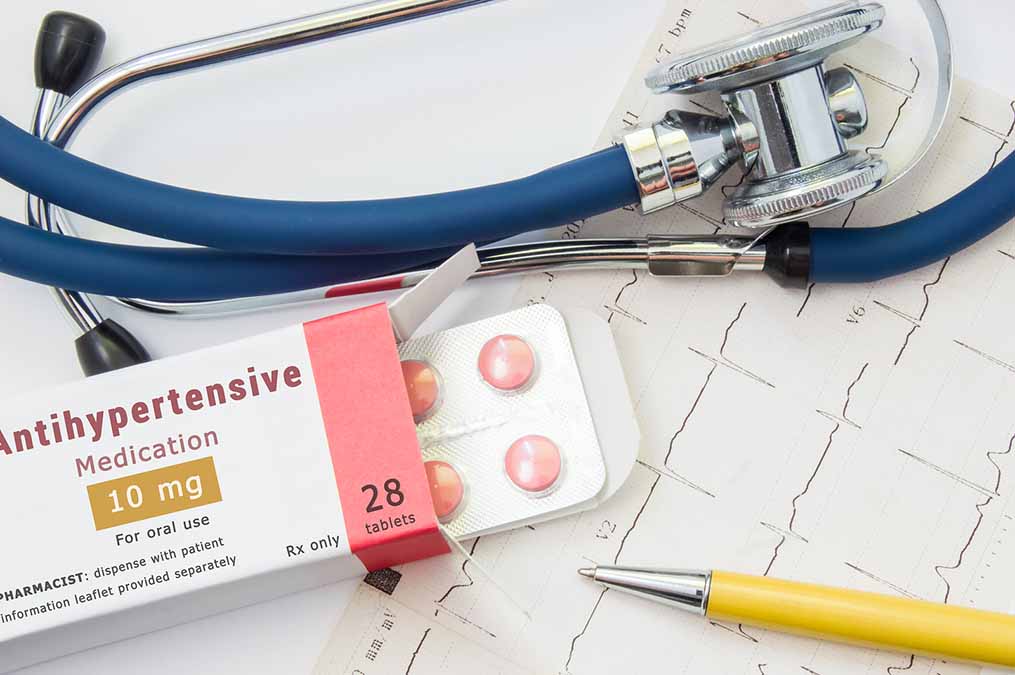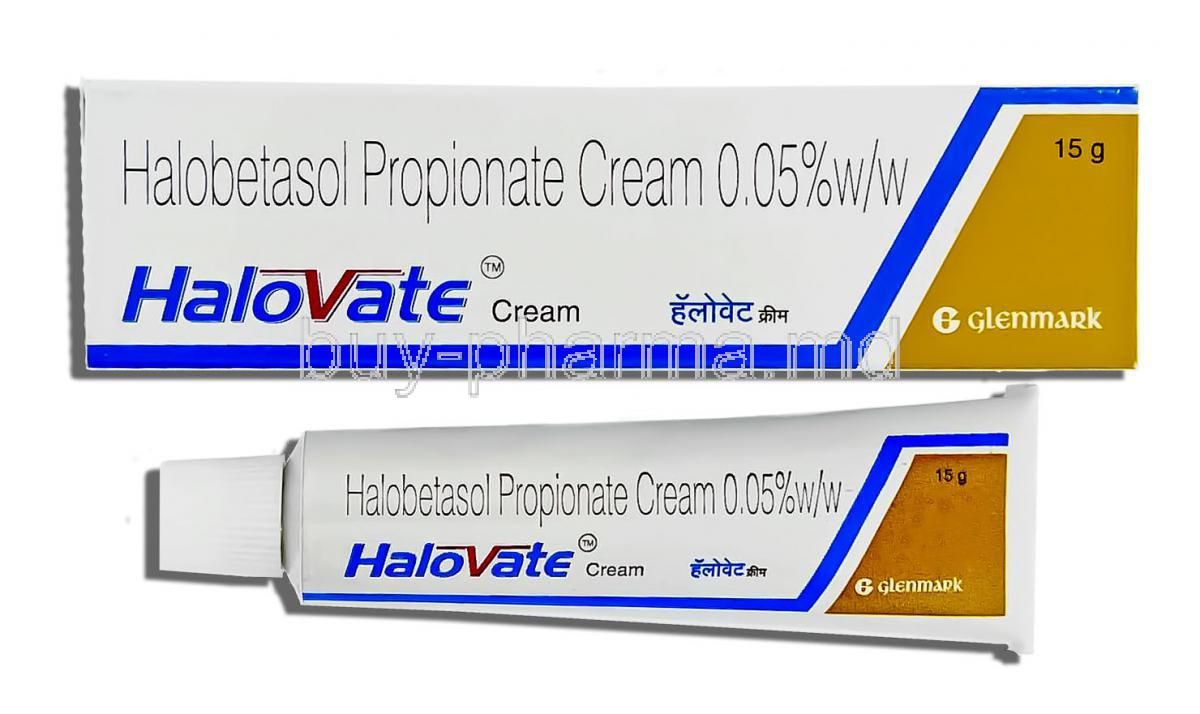

As part of his disclosure, Craighead told Healthline that Powerbreathe provided a research discount for the device but had no other involvement in the study. They also increase the amount of nitric oxide, which widens your arteries for better blood flow and lower blood pressure.”Īccording to Craighead, the device used in the study was the Powerbreathe K3, which retails for $500. “The devices regulate your breathing or help you strengthen your breathing muscles and improve blood vessel function. “Some of these devices were originally developed for people with serious lung conditions, but further research on those with high blood pressure has found them useful for reducing it,” MacPherson told Healthline. The approved some of these devices to slow breathing and heart rate.” “If your doctor has approved this method for helping you control your blood pressure, using a deep breathing device may help. “Slow, deep breathing can help lower blood pressure without medications,” said Rachel MacPherson, a certified personal trainer and nutrition coach. How you breathe can also influence blood pressure. “We also think it improves the health of our blood vessels, which are critically important for preventing cardiovascular diseases,” he told Healthline.
Blood pressure medication professional#
“We think the large, forceful breaths done with respiratory muscle strength training device likely lower sympathetic activity (the fight or flight response), which tends to be overactive in people with higher blood pressure,” said Daniel Craighead, lead author of the study and an assistant research professional in the Integrative Physiology of Aging Lab at the University of Colorado School of Integrative Physiology. Researchers said improving the strength of the diaphragm and other breathing muscles is not what caused the drop in blood pressure. Young, healthy participants also benefitted from using the device. Still, the researchers noted that blood pressure could continue to improve with long-term use. The study results were as of the end of the trial. When participants tried the breath training for six weeks, then stopped for six weeks, their blood pressure remained almost as low as right after the training period. Therefore, a decrease in 9 mmHg may be the difference between having to take versus not taking blood pressure medications.” “Treatment differs depending on the stage. “Hypertension is classified into different stages, with stage 1 including systolic between 130 to 139 mmHg and stage 2 including 140 mmHg systolic,” Liu told Healthline. “Sticking to a heart-healthy diet can decrease it by approximately 11 mmHg.” Jim Liu, a cardiologist and clinical assistant professor of internal medicine at The Ohio State University Wexner Medical Center. “As a reference, exercising is expected to reduce systolic blood pressure by approximately 5 to 8 mmHg,” explained Dr.

Researchers said the results were as effective as taking blood pressure medication and possibly more effective than lifestyle changes, such as losing weight or reducing salt in your diet.

“While we have long known that deep breathing exercises can contribute to lowering blood pressure, it is surprising to learn of such a vigorous effect when adding resistance.” Rigved Tadwalkar, a cardiologist at Providence Saint John’s Health Center in California, told Healthline. “A nine-point decrease in systolic blood pressure is tremendous,” Dr. The only side effects noted were temporary sore muscles and lightheadedness.īy the end of the six weeks, participants had an average decrease of 9mmHg in systolic blood pressure. Within two weeks of using the device, the researchers said they noticed improvements in blood pressure. The participants were told to take 30 breaths as the machine provided resistance, so their respiratory muscles worked harder. In their study, researchers instructed participants to complete breathing exercises for 5 to 10 minutes daily using a breathing device. Using breathing techniques for 5 to 10 minutes a day might help lower blood pressure, according to a study completed at the University of Colorado, Boulder, and the University of Arizona.

In a new study, researchers said people who did short daily breathing exercises significantly reduced their blood pressure.Share on Pinterest Doing daily breathing exercises may help lower blood pressure and provide other health benefits.


 0 kommentar(er)
0 kommentar(er)
